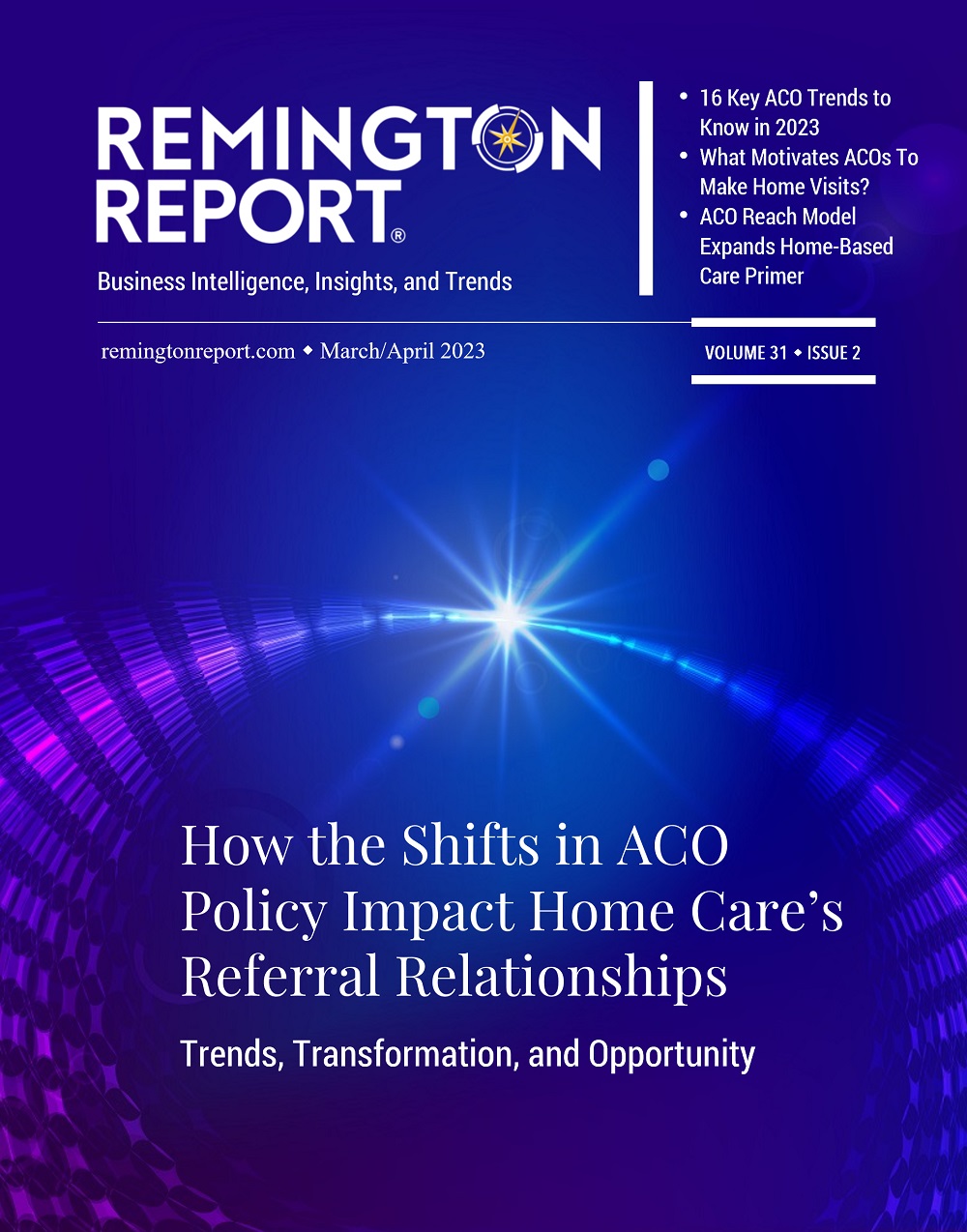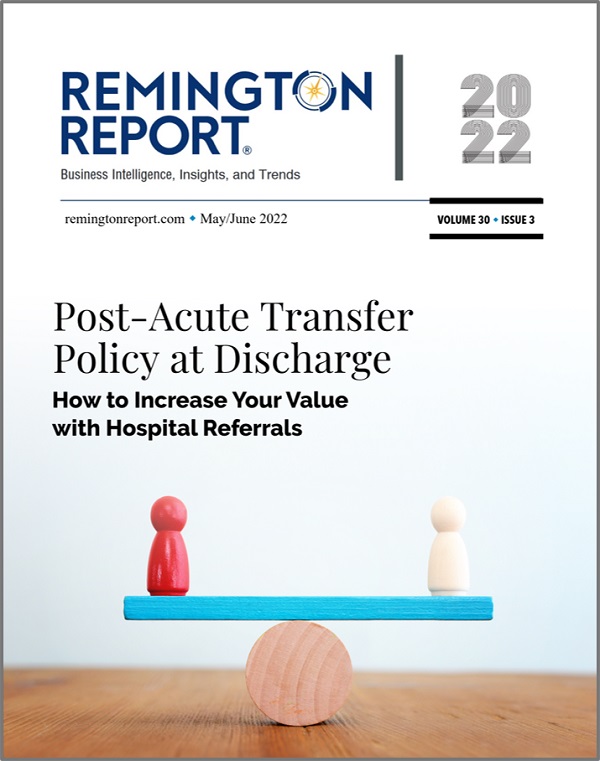Background
The Bipartisan Act (BBA) of 2018 Act updated the hospital transfer policy for early discharges to hospice care. The law required that, beginning in FY 2019, discharges to hospice care would qualify as a post-acute care transfer and be subject to payment adjustments.
For Medicare patients that means patients transferred early (prior to the geometric mean length of stay minus 1 day for the MS-DRG) from an IPPS hospital to a hospital or unit that is excluded from IPPS (i.e., long-term care hospitals, rehabilitation hospitals and units, psychiatric hospitals and units, Children’s hospitals, cancer hospitals, skilled nursing facilities, or home health agencies) within one of 280 MS-DRGs that are subject to the post-acute care transfer policy, the transferring IPPS hospital is paid based upon a per diem rate not to exceed the full IPPS payment rate for the MS-DRG.
The BBA of 2018 also mandated that the MedPAC Commission evaluate and report on the effects of this policy change.
The CBO estimated that this provision would save $4.9 billion over the 2019 to 2027 period. This results in a reduction in Medicare payments to hospitals of $5.5 billion over the 2019 to 2028 period.
MedPAC Transfer Policy Report Update
As required by the statute, the MedPAC Commission conducted a preliminary evaluation of the effects of the expansion of the PAC transfer policy to hospice on:
- the number of discharges of hospital inpatients to hospice,
- length of stay of patients in an inpatient hospital setting who are discharged to hospice, and
- Medicare spending.
In the first half of fiscal year 2019, the expansion of the PAC transfer policy to hospice resulted in a reduction in payments to IPPS hospitals of under $200 million. However, the MedPAC report did not observe adverse changes in timely access to hospice care by hospital inpatients. Discharges to hospice among hospital inpatients increased slightly in this period, consistent with historical trends of increasing hospice use.
Lengths of stay for hospital inpatients discharged to hospice varied quarter-to-quarter before the policy change. In the first two quarters of fiscal year 2019, lengths of stay for inpatients discharged to hospice were within the range observed in prior quarters.
Preliminary results from the first six months indicate that the policy change produced small savings without any significant changes in Medicare FFS beneficiaries’ timely access to hospice care. The report says, as with any analysis of early data, caution should be taken in generalizing from these results. MedPAC’s final evaluation report due in March 2021 will provide an assessment of experience over the first 18 months of the policy.

Lisa Remington is president and publisher of the Remington Report magazine and President of Remington’s Home Care Leadership Think Tank. She has worked with more than 10,000 organizations in both a consultancy role and an educator. Lisa monitors the complex key trends and forces of change to develop a correct strategic approach to de-risk decision-making and create sustainable futures across the healthcare continuum.










